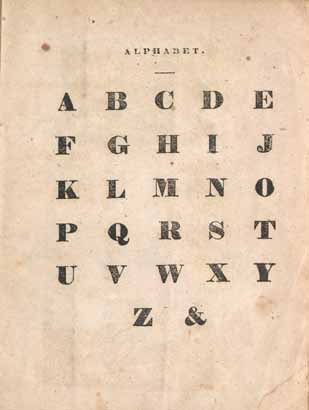
In Languages and Their Speakers (1979), linguist Timothy Shopen shows how greetings and leave-takings can reflect a society’s cultural values. First he gives a typical American conversation in which one friend encounters another who is 15 minutes late for work:
Hello Ed!
— Hi! How are you?
Sorry, I’m in a hurry.
— Yeah, me too.
See you on Saturday.
The whole interaction lasts five seconds; it includes a greeting and a leave-taking, but there is no actual conversation between. Here’s the same interaction in the Maninka culture of West Africa:
Ah Sedou, you and the morning.
— Excellent. You and the morning.
Did you sleep in peace?
— Only peace.
Are the people of the household well?
— There is no trouble.
Are you well?
— Peace, praise Allah. Did you sleep well?
Praise Allah. You Kanté.
— Excellent. You Diarra.
Excellent.
— And the family?
I thank Allah. Is there peace?
— We are here.
How is your mother?
— No trouble.
And your cousin Fanta?
— Only peace. And your father?
Praise Allah. He greets you.
— Tell him I have heard it.
And your younger brother Amadou?
— He is well. And your uncle Sidi?
No trouble, Praise Allah …
Where are you going?
— I’m going to the market. And you?
My boss is waiting for me.
— O.K. then, I’ll see you later.
Yes, I’ll see you later. Greet the people of the household.
— They will hear it. Greet your father.
He will hear it.
— May your day pass well.
Amen. May the market go well.
— Amen. May we meet soon.
May that “soon” arrive in good stead.
“Time elapsed: 46 seconds,” Shopen writes. “It is more important to show respect for a friend or a kinsman than to be on time for work, and thus we have the example of Mamadou Diarra above, already fifteen minutes late for work and not hesitating to be even later in order to greet a friend in the proper manner. First things first, and there is no question for the Maninka people about what is most important.”







